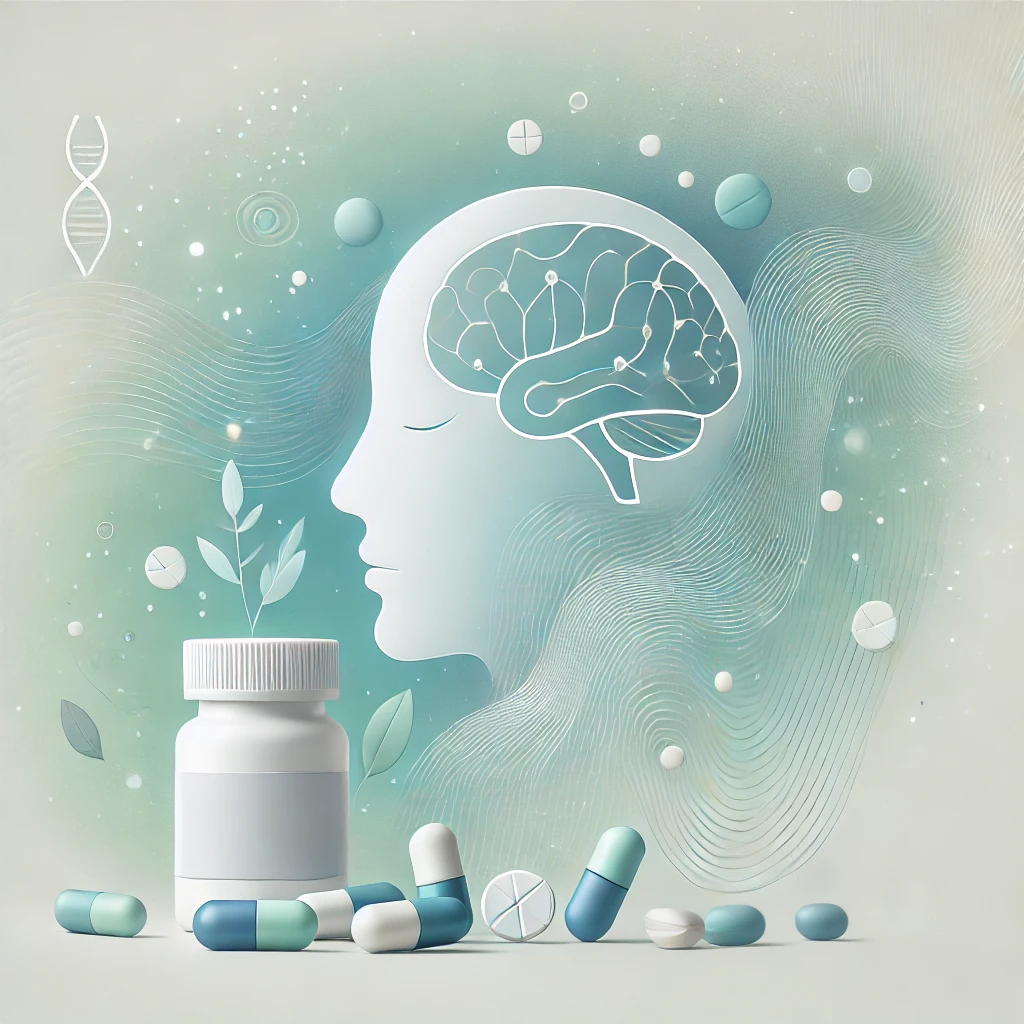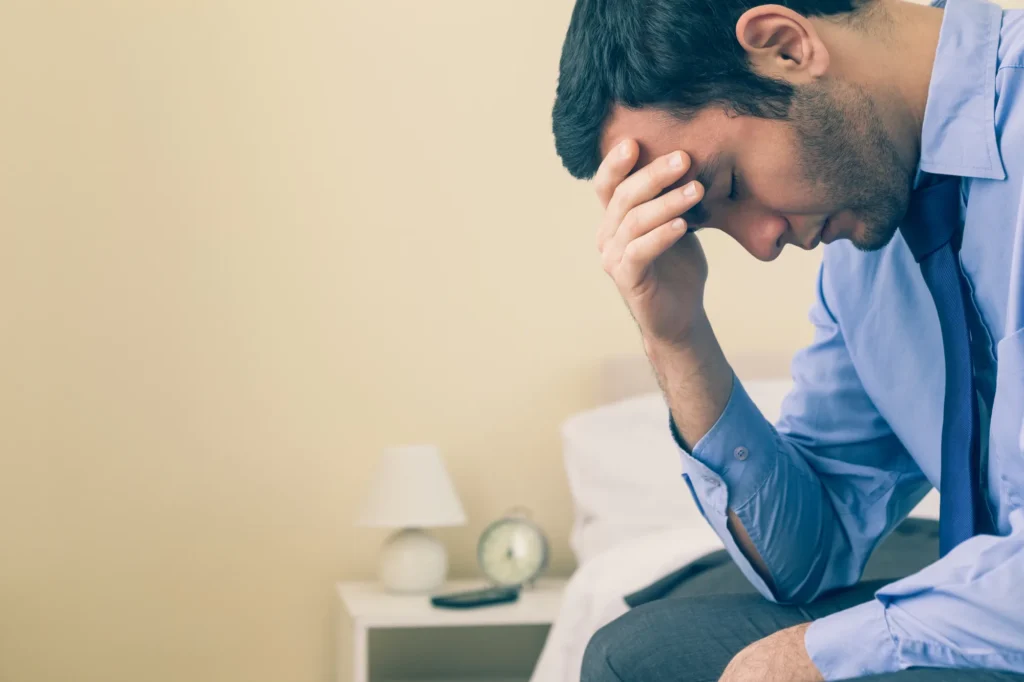Understanding Persistent Depressive Disorder
Persistent depressive disorder (PDD), also known as dysthymia, is a type of chronic depression defined by a depressed mood lasting at least two years. People with PDD may feel better at times, but their symptoms continue and interfere with daily functioning over time.
What Are Persistent Depressive Disorder Symptoms?
Persistent depressive disorder symptoms can include:
- Feelings of hopelessness
- Low self-esteem
- Exhaustion
- Difficulty concentrating
- Changes in appetite or sleep schedules.
How Persistent Depressive Disorder Impacts Every aspect of Our Daily Lives
Persistent depressive disorder can have negative consequences on all aspects of patient lives, including:
Increase the Risk of Substance Abuse
Some people with PDD may use drugs or alcohol to cope with their symptoms, which increases the risk of substance misuse issues.
Negative Impact on Everyday Activities
Even small tasks can become challenging for people who suffer from major depressive disorder, which makes them less likely to participate in or be interested in hobbies, self-care activities, or housework.
Negative Impact on Work or School Performance
Struggling to focus, feeling tired, and lacking motivation can make it hard to do well at work or school. This might lead to problems with grades, productivity, or job performance.
Leading Individuals to Physical Health Problems
PDD can lead individuals to physical health problems like changes in appetite or sleep patterns, fatigue, and a weakened immune system.

Ruining Social Relationships
PDD can make it hard to maintain friendships, family bonds, or work relationships as individuals might withdraw, feel easily irritated, or find it tough to talk about their feelings and emotions, resulting in strained connections.
What Are Persistent Depressive Disorder Treatment Options?
In order to treat persistent depressive disorder, you can try different options based on your mental status and your unique needs, such as:
Psychotherapy
To assist people in recognizing and altering negative thought patterns, enhancing strategies for coping, and addressing underlying emotional problems that contribute to PDD, cognitive-behavioral therapy (CBT), interpersonal therapy (IPT), and psychodynamic therapy can be helpful.
Medication
Antidepressant medications such as fluoxetine (Prozac), sertraline (Zoloft), escitalopram (Lexapro), venlafaxine (Effexor), duloxetine (Cymbalta), and bupropion (Wellbutrin) can be prescribed to help alleviate symptoms of PDD. It’s essential to work closely with a healthcare provider to find the right medication and dosage, as individual responses can vary.
You must not use these types of medication without a professional psychiatrist’s supervision.
Transcranial Magnetic Stimulation (TMS)
TMS is a non-invasive treatment that stimulates brain nerve cells with magnetic fields. In circumstances where previous treatments have failed, the FDA has approved it as a treatment for depression, including PDD.

Ketamine Therapy
Ketamine therapy is another promising treatment for persistent depressive disorder when other treatment options aren’t effective. Ketamine therapy rapidly alleviates symptoms of persistent depressive disorder by targeting the brain’s glutamate system, promoting synaptic plasticity, and exerting anti-inflammatory effects.
Establishing Lifestyle Changes and Joining Support Groups
Participating in lifestyle changes such as regular physical activity, maintaining a healthy diet, getting enough sleep, and practicing relaxation techniques like mindfulness or yoga, along with joining support groups or peer-led organizations, can offer valuable emotional support, encouragement, and coping strategies for individuals managing persistent depressive disorder (PDD).
Why Having Psychiatrists is Crucial in Treating Dysthymic Disorder
Having professional psychiatrists by your side is crucial in treating dysthymic disorder, also known as persistent depressive disorder or dysthymia. Their specialized expertise in diagnosing and managing mental health conditions allows for comprehensive assessments and personalized treatment plans tailored to individual needs. Psychiatrists play a vital role in treating persistent depressive disorder symptoms and implementing effective dysthymia treatments, including medication management, psychotherapy, and ongoing monitoring. With their guidance, individuals can find relief from symptoms and improve their overall quality of life.
Bespoke Treatment offers top-notch persistent depressive disorder treatments in Los Angeles and Santa Monica, based on your special needs. All you need to do is give us a call and schedule an appointment.
(833) 646-0763
Rediscover Joy With Our Depression Treatment
For effective depression treatment options in Los Angeles and Santa Monica, contact mental health professionals at Bespoke Treatment and let the healing begin.
Get Started
















